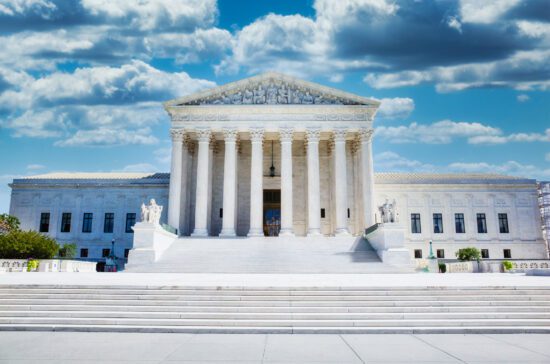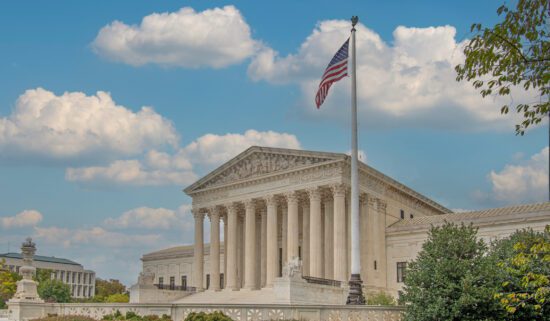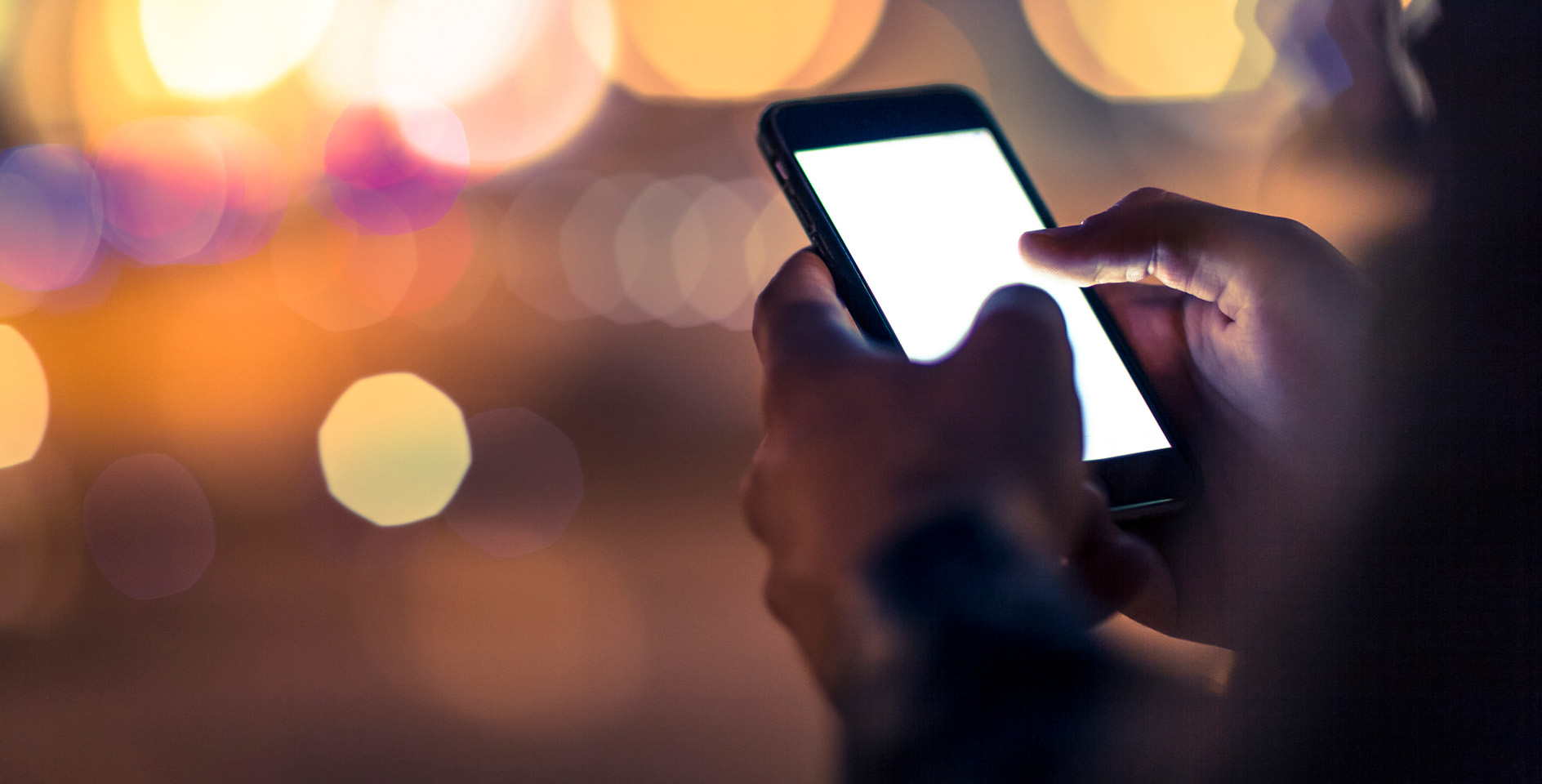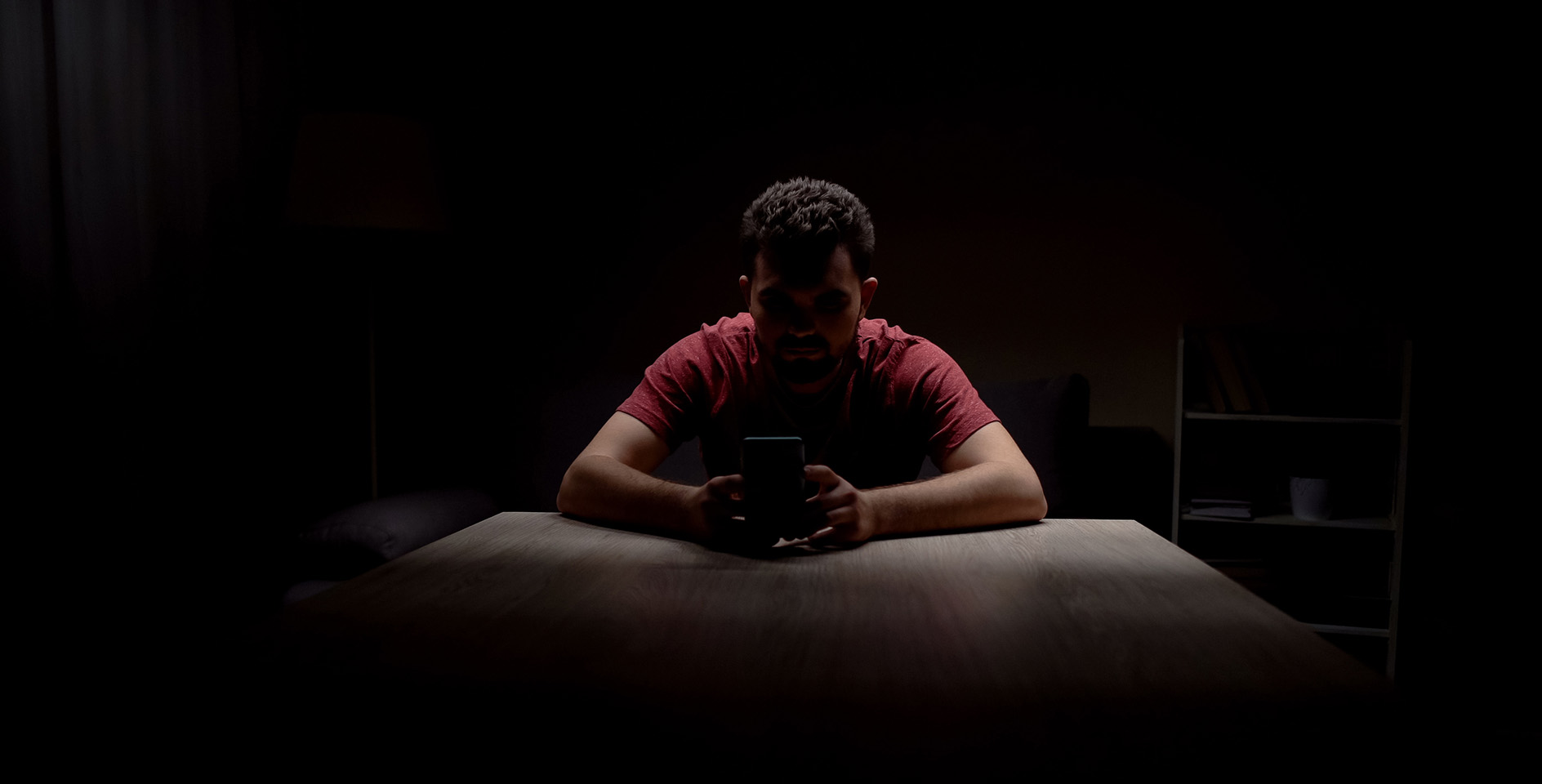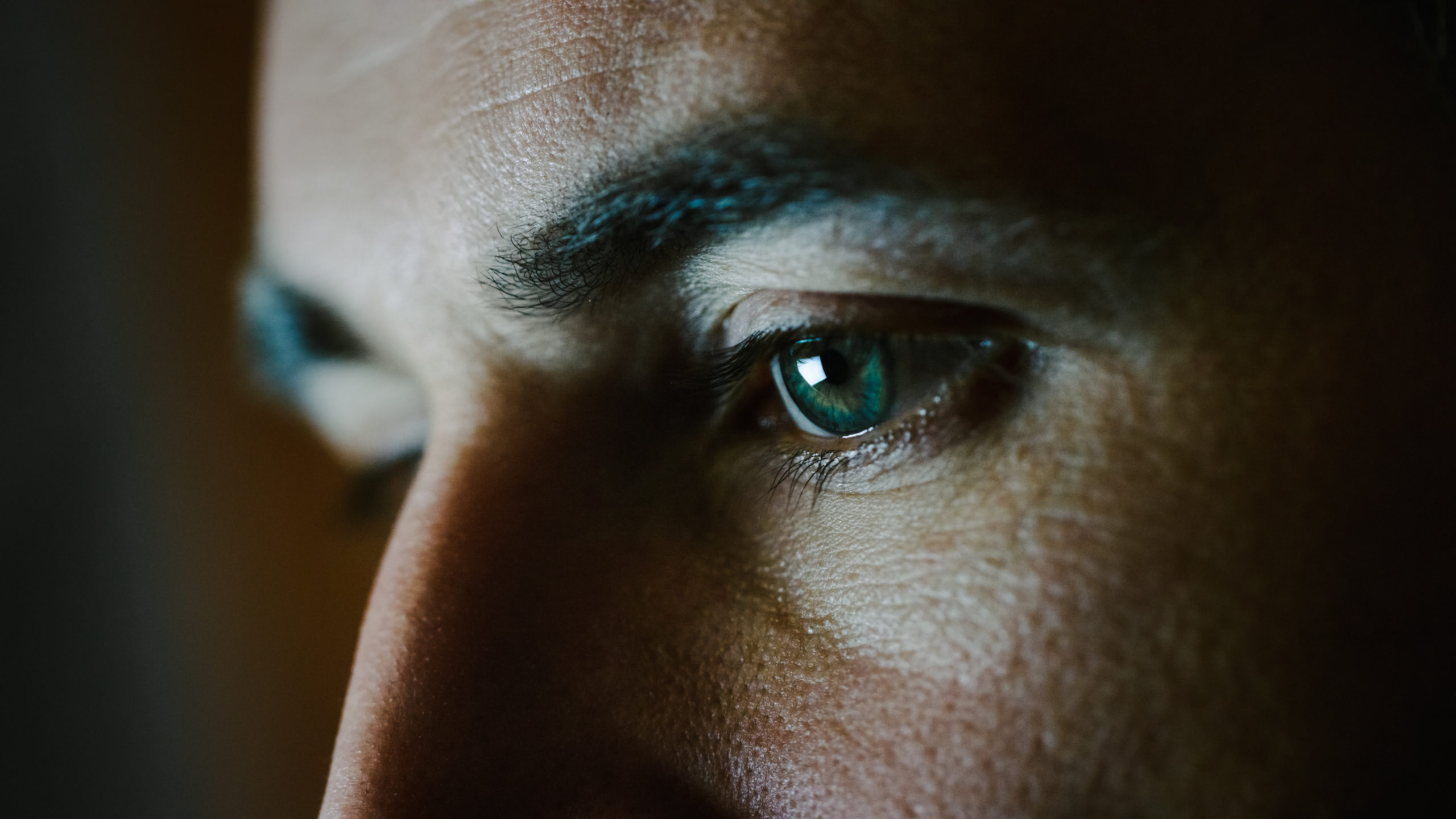On Tuesday, Utah Gov. Spencer Cox signed House Bill 72, which calls for all smartphones and tablets sold in the state after 2022 to have active adult content filters.
The legislation was broadly panned by civil libertarian groups and lauded by anti-pornography organizations. The National Center on Sexual Exploitation (NCOSE) commended the Utah legislature for passing this bill which they say will aid parents in protecting their children from unwanted exposure to pornography.
“There are countless heartbreaking stories of the harm caused by children’s unhindered access to Internet devices—including the individual and familial trauma of pornography exposure and addiction and adult predators targeting and grooming kids online,” said Dawn Hawkins, senior vice president and executive director of the NCOSE.
What does the new law do?
The new law requires a tablet or a smartphone sold in the state and manufactured on or after Jan. 1, 2022, to, when activated in the state, automatically enable a filter capable of blocking material that is “harmful to minors.” Under the Utah State Code, harmful to minors means that quality of any description or representation, in whatsoever form, of nudity, sexual conduct, sexual excitement, or sadomasochistic abuse when it: taken as a whole, appeals to the prurient interest in sex of minors; is patently offensive to prevailing standards in the adult community as a whole with respect to what is suitable material for minors; and taken as a whole, does not have serious literary, artistic, political, or scientific value for minors.
The device must also notify the user when content is filtered and enable adults to deactivate the filter for the device or for specific content.
Additionally, the legislation provides a process for the attorney general or a member of the public to bring a civil action against a manufacturer that manufactures a device on or after Jan. 1, 2022, if the device does not contain an enabled filter or if a minor accessed material that is harmful to minors on the device. The penalty allows for a civil penalty of up to $10 for each violation, and that a portion of any civil penalty recovered be provided to the Crime Victims Reparations Fund.
The rule doesn’t take effect until five other states pass equivalent laws. If that requirement is not met before 2031, the law will not take effect.
Which states might follow Utah’s lead in passing similar laws?
In 2016, Utah became the first state to officially declare pornography a “public health crisis.” Since then, 15 other states have followed Utah’s lead in making a similar declaration in at least one legislative chamber. Those states are Alabama, Arkansas, Arizona, Florida, Idaho, Kansas, Kentucky, Louisiana, Missouri, Montana, Oklahoma, Pennsylvania, South Dakota, Tennessee, and Virginia. If only one of three of those states pass similar legislation in the next decade, Utah’s law will go into effect.
Isn’t the law too burdensome on tech manufacturers?
As the NCOSE points out, virtually all devices already have such filters, but they are turned to OFF when sold. “This bill simply requires the filters to be turned ON when activated in Utah,” says NCOSE. “Adults are not prohibited from accessing such material and are given a PIN to remove the filter for their own use if they choose to do so. Children will not receive PINs to deactivate the filters.”
“This ensures that the devices are effective for protecting minors while being unrestrictive on adults,” says Hawkins. “While these filters are already available on most devices now, on an Apple device, for example, it takes 20+ complicated steps to turn them on, leaving most parents helpless to protect their kids online.”
The law also makes it clear that it would not apply to smartphone and tablet manufacturers that make a “good faith effort” to provide a “generally accepted and commercially reasonable method of filtration in accordance with this part and industry standards.”
See also:
- Russell Moore, Should I let my twelve-year-old have a smartphone?
- Daniel Akin, How do you guard your children from pornography?
- Julie Masson, How protected is your teen from finding pornography online?
- Josh Hussung, I just caught my kid looking at pornography
- Jennifer Michelle Greenberg, Why pornography is so harmful for children




